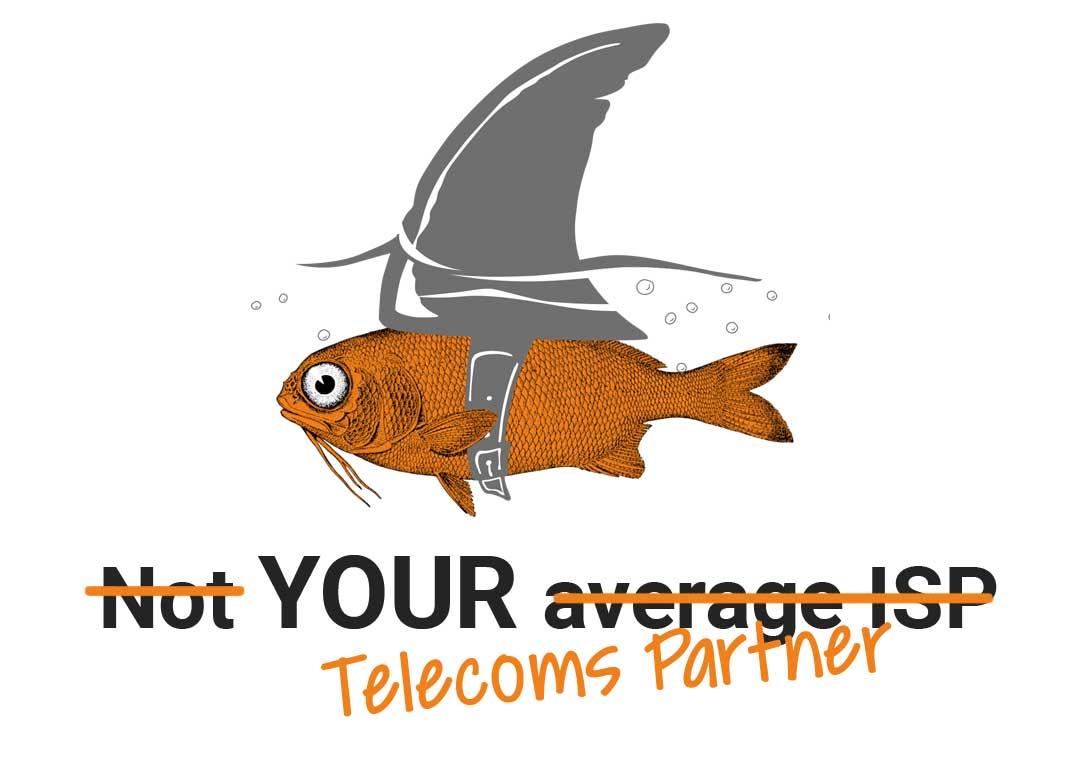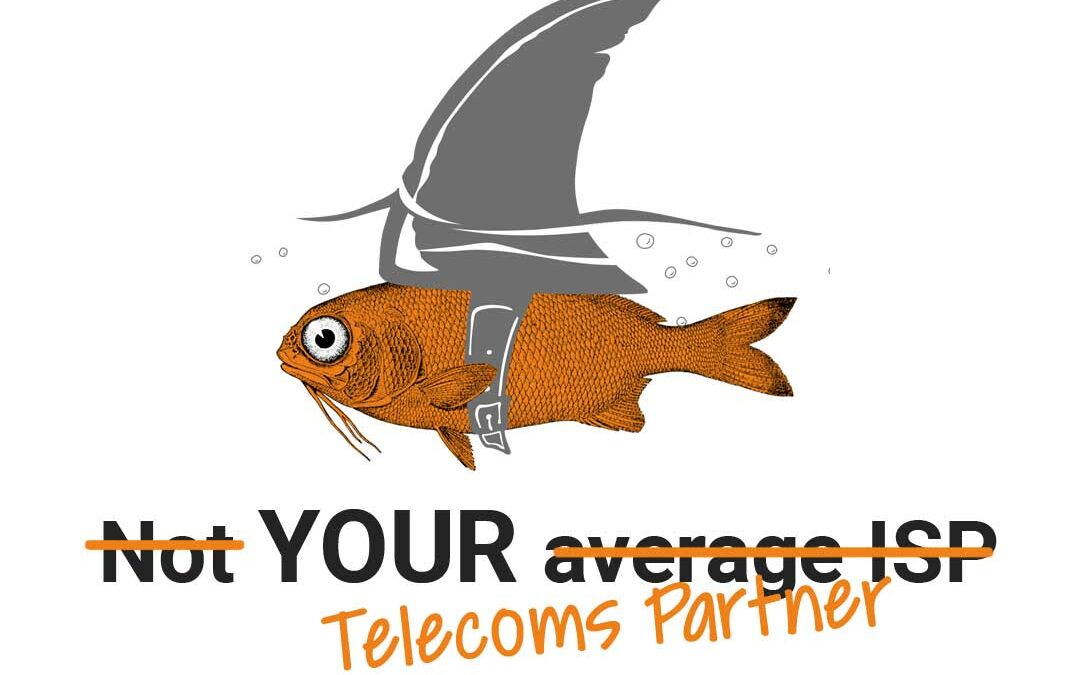WISPs have to rethink their business models – Alliances are key to future success.
By Eduard du Plessis, CEO and Founder at Fixed Mobile Telecoms
For years, businesses have been paying lip service to the fact that the customer is king. While many organisations have taken this to heart, just as many seem to ignore statistics like the fact that statistics show that 78% of customers have backed out of a purchase due to some kind of poor customer experience.
Unfortunately, connectivity providers – whether they are standard Internet Service Providers (ISPs), Fibre Network operators (FNOs), or Wireless Network Operators (WNOs) – fall into the latter category far too often. With connectivity, and what it enables, has become as important to day-to-day existence as access to electricity or water, service providers can’t afford to ignore customer demands any longer.
Enterprise customers continue to digitise their operations, and, as a consequence, the quality of connectivity and the value of hosting critical digital platforms within the network matters immensely to them. When tools and processes break, consumers are the first to realise — often even before the network operators know something has gone wrong.
Network operators therefore need to start planning networks, solutions and products that have been designed to comply with customer demands. The days of “acceptable” network drops and spotty speeds are long gone, with customers expecting the same level of performance from wireless networks as from fixed-line infrastructure.
The reasons many WISPs are battling to keep abreast of user demands are largely the result of legacy technology choices. As the astronomical growth in traffic – due to business activities that require heavy data usage – places more pressure on networks that lack scale, agility and robustness, and as customer experience becomes the new driving factor for success, WISPs have to rethink the way they run their businesses.
Beyond demand for raw connectivity, there is an immediate opportunity for telcos to aid business customers with network and IT services, such as more effectively integrating their telephone systems, wireless capabilities and computers. Collaboration in a thriving ecosystem will enable telcos to provide additional value, as well as enable the kind of growth that many WISPs are currently struggling to achieve.
Wireless operators can become more agile in their delivery by forming new alliances. And it lies in creating an ecosystem that will allow them to establish an asset-light business model, using shared assets to provide additional value, embrace the coming changes and invest quickly to lead the change customers are demanding. In this ecosystem, FNOs, wireless providers, Teraco and other DCs, cloud providers, mobile operators, content providers, IoT providers, etc., are not competitors. Together, they can leverage each other’s strengths and capabilities to deliver what the customer wants, not what they want to provide.
This is not just a dream of the future. Fixed Mobile Telecomms has already created an ecosystem that provides reliable connectivity even in the most remote parts of the country, enabling WISPs to start adding value and delivering top-class services to meet customer needs. Providers that continue to operate the same way they always have, and that continue to dictate to customers rather than listening to them, find that they have a limited lifespan.
Read a real-life success story:
Albie’s Wireless, a wireless internet service provider (WISP) based in De Aar, is partnering with Fixed Mobile Telecoms (FMT) to bring reliable rural broadband services to around 3,500 clients. FMT’s carrier-grade core backhaul network enables Albie’s Wireless to offer a highly available service to its customers, most of them in areas with no fibre connectivity. Click here to hear Albie’s story.
The next decade will reshape the industry at lightning speed. To win, operators will need to be bold. To win, they will need to deliver a great customer experience. To win, players across the industry must stop competing and start collaborating.


